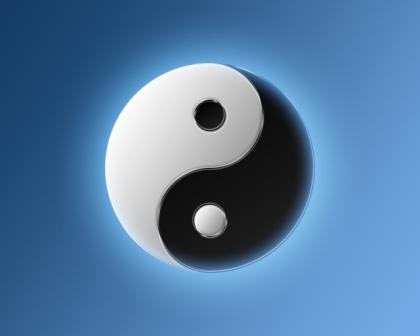|
|
|||||
|
. |
Wiki
“A market is any one of a variety of different systems,
institutions,
procedures,
social relations and infrastructures
whereby persons trade,
and goods
and services
are exchanged, forming part of the economy.
It is an arrangement that allows buyers
and sellers
to exchange things. Competition is essential in markets, and separates
market from trade. Two persons may trade, but it takes at least three
persons to have a market, so that there is competition on at least one
of its two sides.[1]
Markets vary in size, range, geographic scale, location, types and
variety of human communities, as well as the types of goods and services
traded.” Misuse of the market
symbol is endemic in Anglo-American culture and evidences profound
denial of stewardship/change and associated psychosis.
The group of merchant bankers who control bulk trades of
commodities, shares and derivatives define their market as The Market,
thereby denying the existence of the myriad other markets. This group
also controls large media corporations and these compound the denial.
They accord “The Market” godlike status with beliefs that “The
Market knows best.”, “The Market is the ultimate judge.”
and “The Market will care for us”. Their psychosis is also
manifest in beliefs that The Market has feelings e.g. “The Market
likes/does not like this/that Government’s policy”, “ The Market
was nervous today.” Etc. The fundamental driver of this psychosis is the denial of the role of human beings as stewards amidst the universal flux. Personal responsibility is divested to this amorphous social construct called The Market. Every society that has adopted this behaviour has collapsed amidst disease, starvation and warfare. Our current Anglo-American society is now at severe risk too because individuals fail to act as stewards of our carbon potential and live by the vastly undervalued prices set by the merchant bankers who control the mineral oil/gas trades. Conserve the potential of the market symbol
so our children can know myriad market systems are possible and they can
only serve us in sustainable ways if each individual embraces their role
as stewards of their actions.
Page last updated: July 2010
|
. |
|||
| . | |||||
| . | |||||
